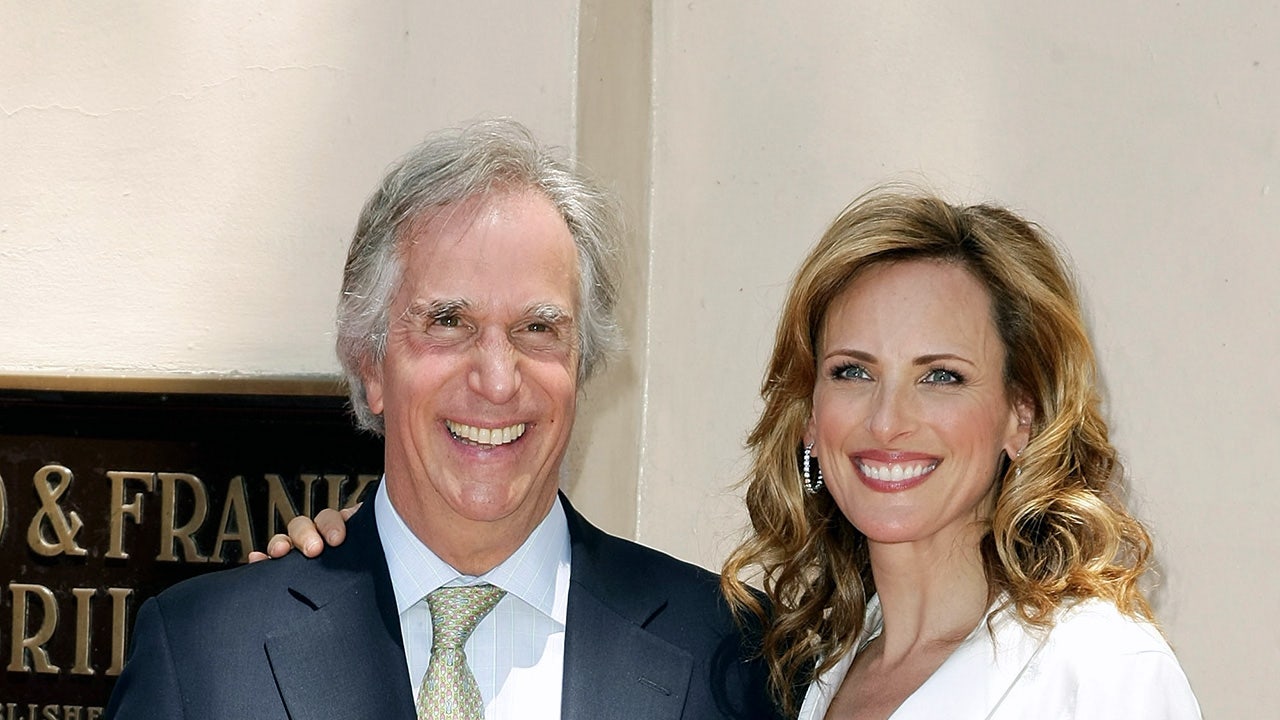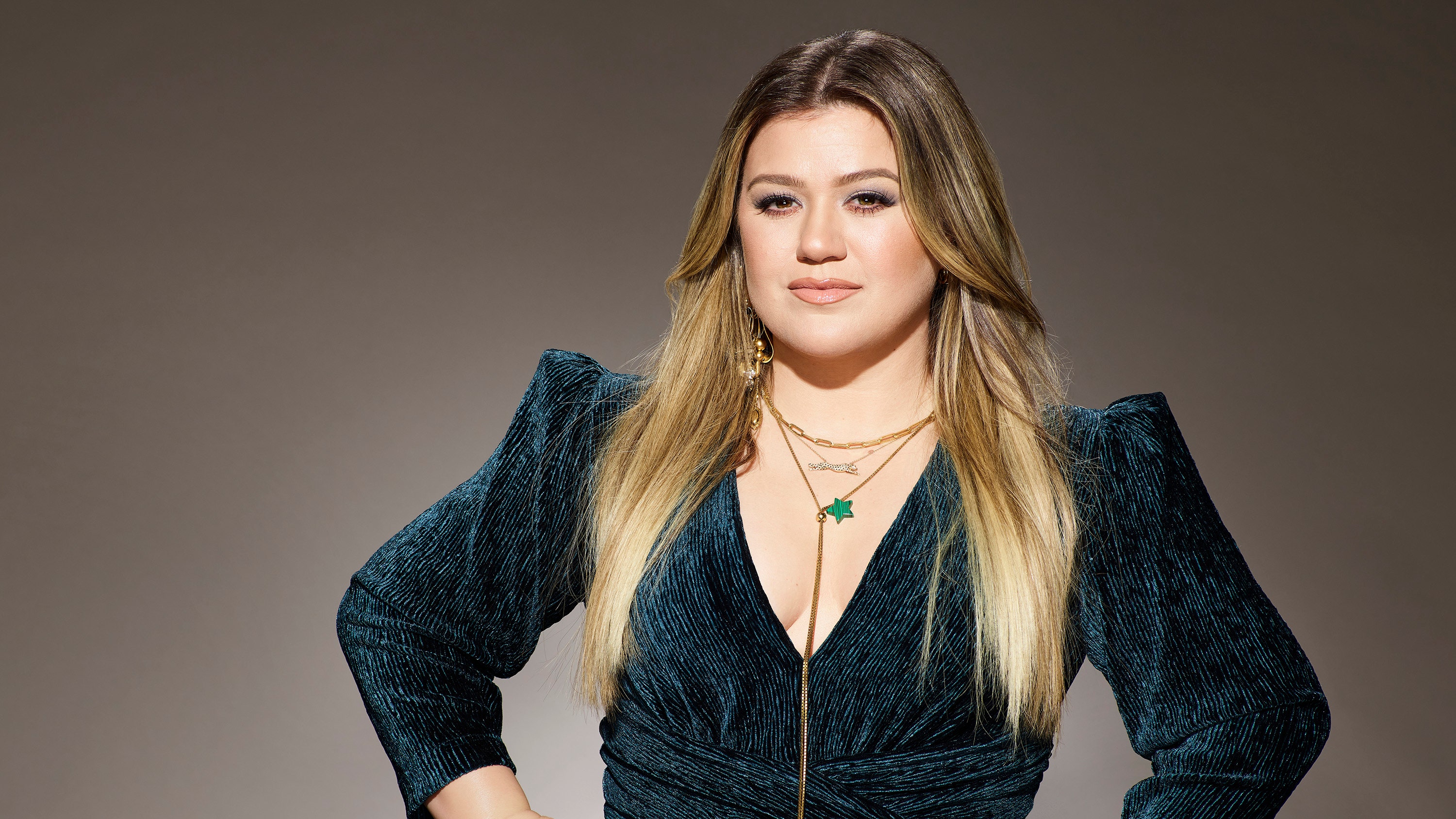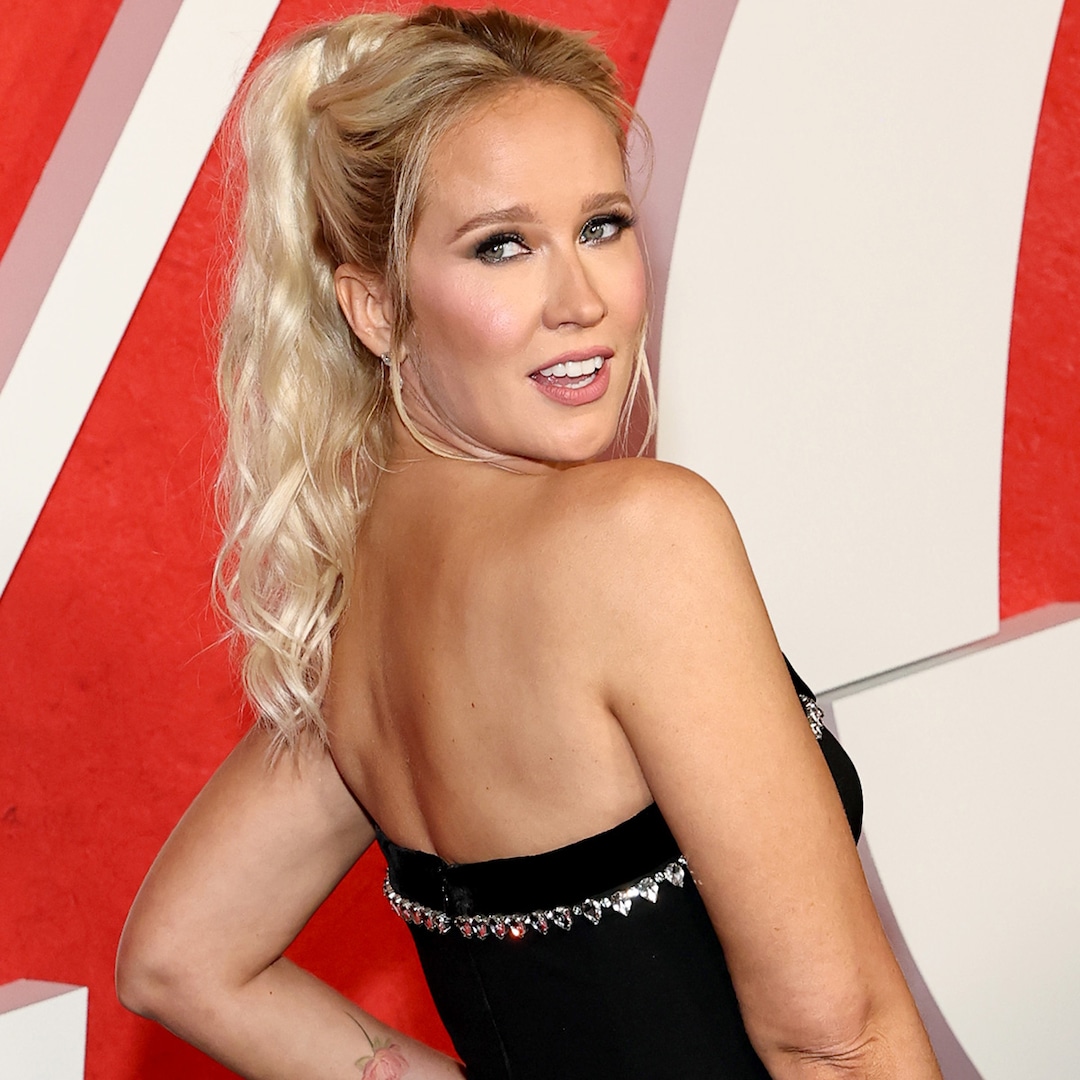What Happened
Marlee Matlin, an Academy Award-winning actress, has recently opened up about her past relationship with fellow actor William Hurt, particularly in the context of her new documentary, “Marlee Matlin: Not Alone Anymore.” The documentary, which premiered at the Tribeca Film Festival, chronicles Matlin’s journey through Hollywood and her experiences with abuse, addiction, and recovery. In it, she discusses the tumultuous nature of her relationship with Hurt, her co-star in the 1986 film “Children of a Lesser God,” and how she sought support from actor Henry Winkler following their breakup.
Matlin has alleged that Hurt exhibited abusive behavior during their relationship, which she described as having a “habit of abuse.” After their split, Matlin turned to Winkler, who provided her with a supportive environment, allowing her to stay with him and his family for two years. Matlin credits Winkler with helping her regain her footing after a difficult period in her life, including her struggles with substance abuse. Hurt passed away in 2022 at the age of 71, and Matlin has expressed mixed feelings about his legacy, acknowledging his talent while also reflecting on the pain he caused her.
Key Details
-
Marlee Matlin’s Background: Matlin is a deaf actress who gained fame for her role in “Children of a Lesser God,” for which she won the Academy Award for Best Actress in 1987. She is the youngest and first deaf actress to receive this honor.
-
Relationship with William Hurt: Matlin and Hurt’s relationship began during the filming of “Children of a Lesser God” when she was 19 and he was 35. Matlin has described the relationship as tumultuous and has alleged that Hurt was abusive.
-
Support from Henry Winkler: After her breakup with Hurt, Matlin sought refuge with Winkler, who welcomed her into his home. She lived with Winkler and his family for two years, during which she began to heal and rebuild her life. Matlin credits Winkler with being a crucial support system during this challenging time.
-
Substance Abuse and Recovery: Matlin has been open about her struggles with addiction, revealing that she sought help at the Betty Ford Center after exhausting her drug supply while living with Hurt. She has celebrated over 31 years of sobriety.
-
Hurt’s Death and Legacy: Following Hurt’s death, Matlin expressed a complex mix of emotions, acknowledging his contributions to film while also reflecting on the negative aspects of their relationship. Hurt had previously issued a statement acknowledging past pain and expressing regret for any hurt he caused Matlin.
Multiple Perspectives
Marlee Matlin’s revelations about her relationship with William Hurt have sparked varied reactions. Some view her openness as a courageous act that sheds light on the complexities of abusive relationships, particularly in the context of the #MeToo movement. Matlin’s documentary and her willingness to discuss her experiences have been praised for their potential to inspire others facing similar situations.
Conversely, some critics argue that Matlin’s portrayal of Hurt may overshadow his accomplishments as an actor. Hurt’s legacy is complicated by the allegations against him, and while some fans remember him for his performances, others grapple with the implications of Matlin’s claims. Hurt’s own statements about their relationship suggest a recognition of past mistakes, but the extent to which he acknowledged the severity of the allegations remains a point of contention.
Henry Winkler’s role as a supportive figure in Matlin’s life has also been highlighted, with many praising his kindness and mentorship. Winkler’s perspective emphasizes the importance of providing a safe space for individuals recovering from trauma, showcasing a positive example of friendship and support in the entertainment industry.
Context & Background
The dynamics of Matlin and Hurt’s relationship reflect broader issues of power, abuse, and recovery in Hollywood. Matlin’s experiences resonate with many individuals who have faced similar challenges, particularly those in vulnerable positions within the entertainment industry. The #MeToo movement has brought renewed attention to the prevalence of abuse and harassment, prompting discussions about accountability and support for survivors.
Matlin’s documentary serves as a platform for her to share her story and advocate for others who may feel silenced. By addressing her past, she aims to empower individuals to seek help and speak out against abuse. The film’s release also coincides with a growing societal awareness of the complexities surrounding abusive relationships, particularly those involving individuals with disabilities.
What We Don’t Know Yet
While Matlin’s documentary provides insight into her experiences, there are still aspects of her relationship with Hurt that remain unclear. The full extent of Hurt’s behavior during their relationship and the impact it had on Matlin’s life is complex and multifaceted. Additionally, the reactions from Hurt’s family and close friends following his death have not been extensively covered, leaving some questions about how they perceive the allegations against him.
Moreover, the documentary’s reception and its potential impact on public perceptions of both Matlin and Hurt will continue to evolve as more viewers engage with her story. The ongoing dialogue surrounding abuse in Hollywood and the support systems available for survivors remains a critical area of exploration, as does the legacy of figures like Hurt in light of such allegations.




